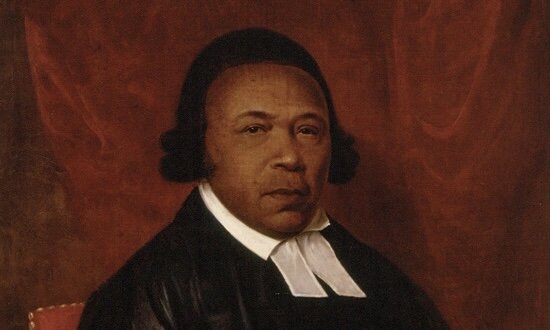A Sermon for the Feast of St. Absalom Jones
On November 6, 1746, in a little town in Delaware, a remarkable baby boy was born and named Absalom. Born into slavery and separated from his family as a child, Absalom resolved early on not to let his masters control his fate. Even as a kid, Absalom saved his pennies to buy a Bible and a primer and learned to read. As an adult, he worked hard, saving money and fundraising, so he could free his wife from slavery. By the time he was 38, he’d managed to purchase his own freedom too.








